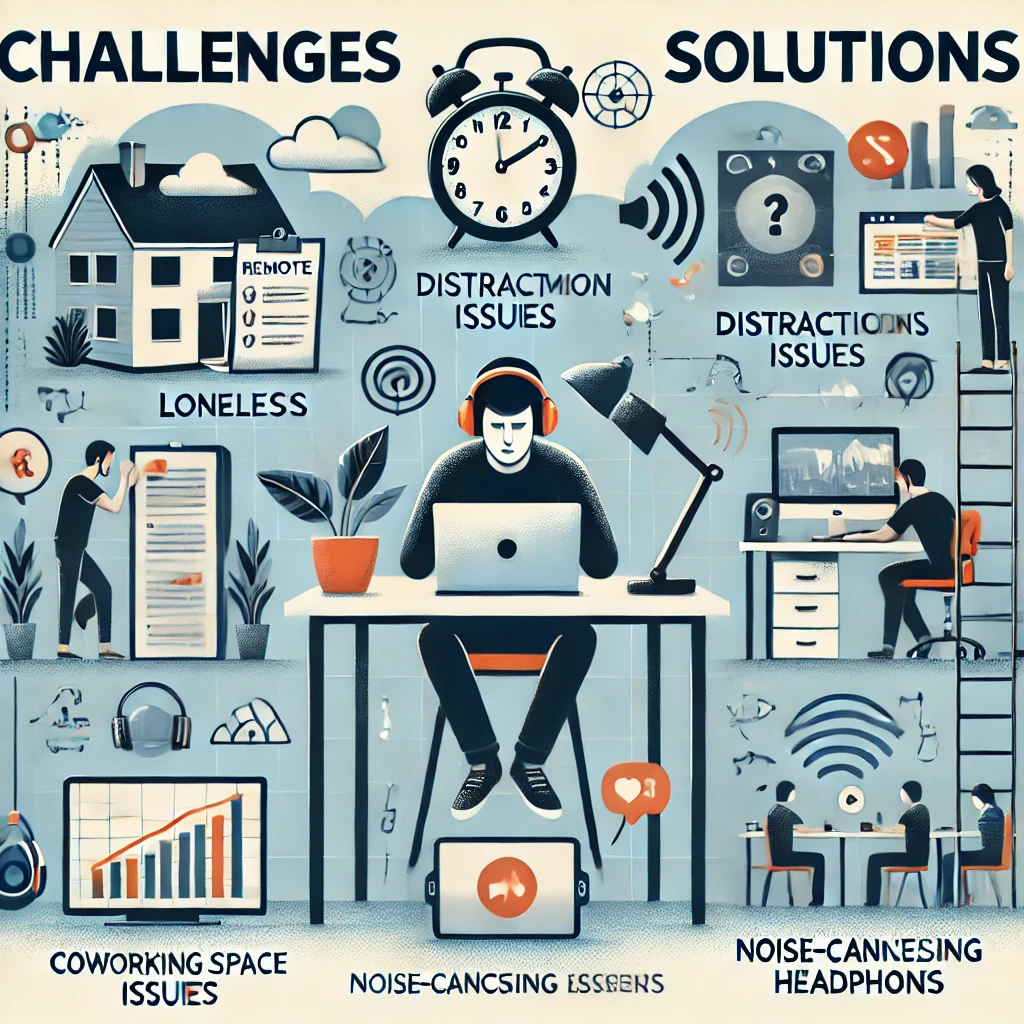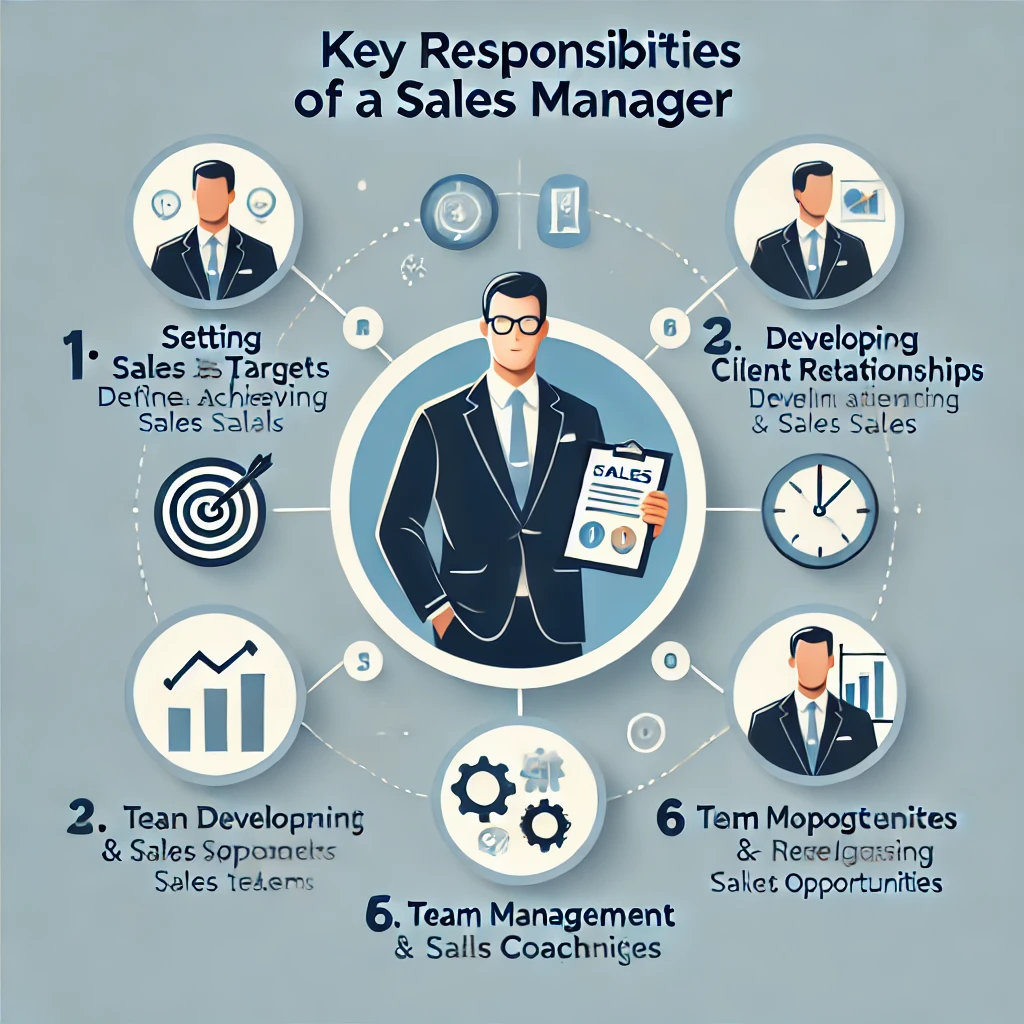How To Become A Digital Marketer In Today Era – A digital marketer is a professional who uses online platforms like social media, search engines, websites, and email to promote products or services. Digital marketing focuses on using digital channels to reach a broader audience, engage with customers, and drive sales.
How To Become A Digital Marketer

Responsibilities of a Digital Marketer
A digital marketer has various roles and responsibilities, depending on the type of business they work for. Here are the key tasks:
-
Creating Digital Marketing Strategies
Digital marketers are responsible for planning and executing marketing campaigns. They research the market, analyze competitors, and set goals for their marketing efforts. The strategy can include social media marketing, search engine optimization (SEO), content marketing, and paid advertising.
-
Managing Social Media Accounts
A major part of digital marketing is managing a brand’s social media presence. Digital marketers create posts, engage with followers, and analyze the performance of social media content. They use platforms like Facebook, Instagram, LinkedIn, and Twitter to build brand awareness and connect with customers.
-
Optimizing Content for Search Engines (SEO)
Search engine optimization (SEO) is the process of improving a website’s visibility on search engines like Google. Digital marketers use SEO techniques to ensure that their website appears higher in search results, making it easier for potential customers to find their content.
-
Running Paid Advertising Campaigns
Digital marketers often use paid advertising (PPC) to drive traffic to a website quickly. This includes running ads on Google, Facebook, or Instagram. They create ad content, choose target audiences, and monitor the performance of these ads to ensure a good return on investment (ROI).
-
Analyzing Marketing Data
Data analysis is a crucial part of digital marketing. Marketers track the performance of their campaigns using tools like Google Analytics. They measure metrics like website traffic, conversion rates, and engagement levels to understand what is working and what needs improvement.
Skills Required to Become a Digital Marketer
To become a successful digital marketer, you need to develop a range of skills. Here are the most important ones:
-
Communication Skills
Digital marketers must have strong writing and communication skills. They create content, write copy for ads, and communicate with customers online. Clear, engaging writing can make a big difference in the success of a marketing campaign.
-
Analytical Skills
Digital marketing involves a lot of data analysis. Marketers must understand analytics tools like Google Analytics, SEMrush, and social media insights to track performance. They use data to make informed decisions and optimize campaigns.
Creativity is essential for developing unique marketing campaigns that stand out. Digital marketers need to come up with new ideas for content, ads, and strategies to attract their target audience.
-
Technical Skills
Some basic technical skills are required, like understanding website design, SEO, and using content management systems (CMS) like WordPress. Knowledge of HTML and CSS can also be helpful.
-
Social Media Expertise
Being familiar with different social media platforms and how they work is crucial. Each platform has its own audience and best practices, so digital marketers must know how to tailor content for Facebook, Instagram, Twitter, LinkedIn, and others.
How to Become a Digital Marketer
Step 1: Learn the Basics of Digital Marketing
Start by understanding the core concepts of digital marketing. You can take online courses or read blogs about SEO, social media marketing, content marketing, and PPC advertising. Platforms like Google Digital Garage, Coursera, and Udemy offer free and paid courses.
Step 2: Build a Strong Online Presence
Create your own digital marketing profiles on platforms like LinkedIn and Instagram. Start a blog or a personal website to showcase your knowledge. This will help you practice your skills and also act as a portfolio for potential employers.
Step 3: Gain Experience Through Internships
Internships are a great way to get hands-on experience. Look for internships with digital marketing agencies or companies. This will give you a chance to learn from experienced professionals and understand real-world marketing scenarios.
Step 4: Get Certified in Digital Marketing
While a degree is not always necessary, getting certified can boost your resume. Popular certifications include Google Analytics, Google Ads, HubSpot Content Marketing, and Facebook Blueprint.
Step 5: Stay Updated with Industry Trends
Digital marketing is constantly evolving. Stay updated by following industry blogs, attending webinars, and joining digital marketing communities. This will help you stay ahead of the competition and learn about new strategies and tools.
Top Tools Used by Digital Marketers
Digital marketers use various tools to make their tasks more efficient and effective. Here are some of the most popular ones:
-
Google Analytics
Google Analytics is an essential tool for tracking website traffic. It provides insights into user behavior, traffic sources, and the performance of your marketing campaigns. Digital marketers use this data to make informed decisions.
SEMrush is a comprehensive SEO tool that helps with keyword research, competitor analysis, and backlink audits. It’s widely used by digital marketers to improve search engine rankings and optimize content.
Canva is a graphic design tool that allows digital marketers to create visually appealing graphics for social media, blogs, and ads. It’s user-friendly and offers a wide range of templates.
Hootsuite is a social media management tool that allows digital marketers to schedule posts, track engagement, and monitor multiple social media accounts from one dashboard.
Mailchimp is an email marketing tool used to create, send, and analyze email campaigns. It helps digital marketers automate email marketing and manage subscriber lists effectively.
Common Challenges Faced by Digital Marketers
While digital marketing can be a rewarding career, it also comes with its own set of challenges. Here are some common issues faced by digital marketers:
-
Keeping Up with Algorithm Changes
Search engines and social media platforms frequently update their algorithms. This can affect the visibility of your content. Digital marketers must stay updated and adapt their strategies accordingly.
-
Managing Multiple Channels
Digital marketers often have to manage campaigns across different platforms like Facebook, Google, Instagram, and LinkedIn. Keeping track of all channels and ensuring consistent messaging can be challenging.
-
Measuring ROI
One of the biggest challenges in digital marketing is measuring the return on investment (ROI) for campaigns. It can be difficult to track the exact impact of digital efforts, especially for brand awareness campaigns.
-
Dealing with Competition
The digital marketing field is highly competitive. Brands are constantly vying for the attention of the same audience. Digital marketers need to develop unique and creative strategies to stand out.
-
Balancing Paid and Organic Strategies
Digital marketers must find the right balance between paid advertising and organic strategies like SEO and content marketing. Over-relying on one can lead to missed opportunities and inefficient spending.
Future Trends in Digital Marketing
The digital marketing landscape is constantly evolving. Here are some future trends you should be aware of:
-
Artificial Intelligence (AI) in Marketing
AI is transforming digital marketing by enabling personalized recommendations, automated chatbots, and predictive analytics. Marketers who understand AI can leverage these tools for more effective campaigns.
-
Voice Search Optimization
With the rise of voice-activated devices like Alexa and Google Assistant, voice search is becoming more common. Digital marketers need to optimize their content for voice search queries to stay competitive.
-
Video Marketing Growth
Video content is gaining popularity across all platforms. From YouTube to Instagram Reels, creating engaging video content is becoming a must-have skill for digital marketers.
-
Increased Focus on Data Privacy
With new data privacy regulations like GDPR, digital marketers must be transparent about how they collect and use consumer data. Focusing on ethical data practices will be key in building customer trust.
-
Rise of Influencer Marketing
Influencer marketing is expected to grow as more brands partner with influencers to reach their target audience. This trend provides new opportunities for digital marketers to create authentic and engaging campaigns.
Career Opportunities Under Digital Marketing
Digital marketing is a growing field with various specializations. Here are some of the key areas you can focus on:
-
Social Media Marketing
Social media marketing involves using platforms like Facebook, Instagram, LinkedIn, and Twitter to promote a brand. It includes creating engaging content, running ads, and building a community of followers.
-
Content Marketing
Content marketing focuses on creating valuable and relevant content to attract and retain an audience. This can include blog posts, videos, infographics, and podcasts.
-
Search Engine Optimization (SEO)
SEO specialists work on improving a website’s visibility on search engines. This involves optimizing website content, building backlinks, and conducting keyword research.
-
Pay-Per-Click (PPC) Advertising
PPC involves running paid ads on platforms like Google Ads and social media. Specialists in this area manage ad campaigns, optimize bids, and track the performance of ads to maximize returns.
-
Email Marketing
Email marketing involves sending targeted messages to potential and existing customers. It’s used for promoting products, building customer relationships, and driving conversions.
-
Affiliate Marketing
Affiliate marketing involves promoting products or services through partnerships with influencers or other businesses. Affiliates earn a commission for driving sales or traffic through their referral links.
Conclusion on How To Become A Digital Marketer
Becoming a digital marketer is an exciting and rewarding career choice. It offers a wide range of opportunities and the flexibility to work in various industries. By building your skills, gaining practical experience, and staying updated with trends, you can establish a successful career as a digital marketer.












